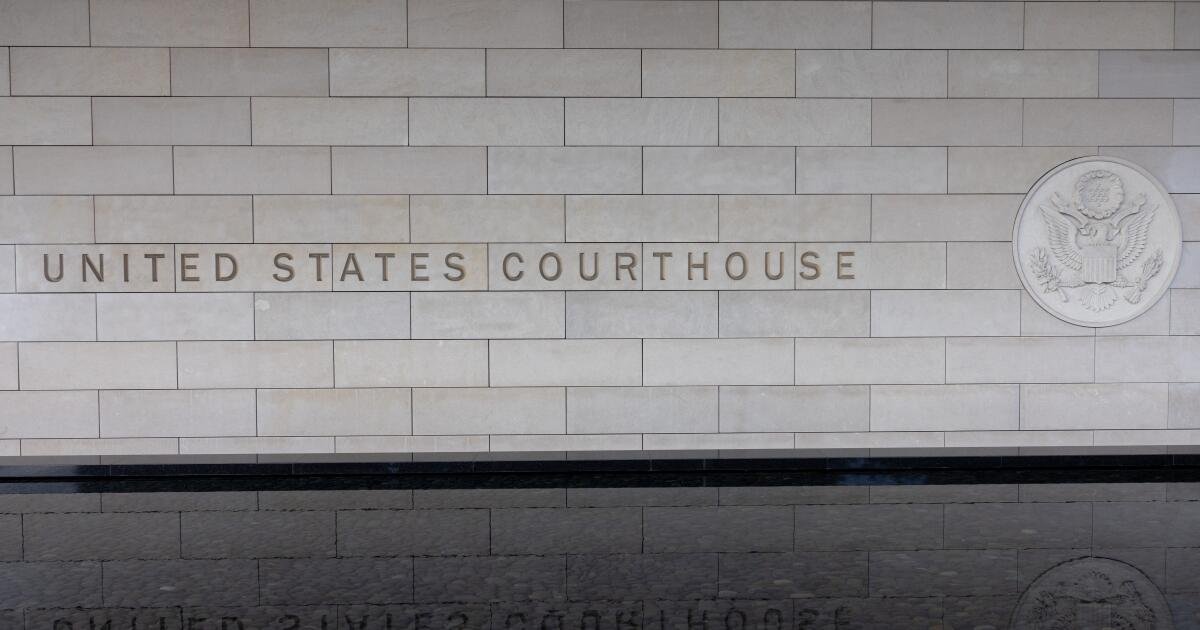Court confirms German intelligence surveillance of ‘extremist’ AfD
OEIS Surveillance Investigator:
Court finds ‘sufficient evidence’ to justify the classification of the far-right party as a threat to democracy.
A German court has ruled that domestic security services can continue to treat the far-right Alternative for Germany (AfD) as a potentially “extremist” party.
The ruling, delivered on Monday, means that intelligence services retain the right to keep the party under surveillance. The AfD, which is running second in polls and hopes to secure a significant number of seats in upcoming regional and European Union elections, has said it will appeal.
“The court finds there is sufficient evidence that the AfD pursues goals that run against the human dignity of certain groups and against democracy,” Judges at the higher administrative court in Muenster said.
“There are grounds to suspect at least part of the party wants to accord second-rank status to German citizens with a migration background.”
The Federal Office for the Protection of the Constitution (BfV), Germany’s domestic intelligence agency charged with protecting the democratic order from extremist threats, classified the AfD as potentially extreme in 2021.
In 2022, a court in Cologne found that the designation was proportionate and did not violate the constitution or European or domestic civil law.
The court in Muenster upheld the lower court’s findings, confirming that German intelligence can keep the AfD under surveillance, including the use of wiretaps and the recruitment of internal informants.
“This ruling shows that our democracy can defend itself,” said Interior Minister Nancy Faeser in a statement. “It has tools that protect it from internal threats.”
‘Aberrations’
The AfD is polling strongly ahead of key regional and EU elections, with discontent with centre-left Chancellor Olaf Scholz’s three-party coalition government high on the back of economic and social issues.
However, the AfD has recently faced scrutiny over racist remarks by members and allegations that it harbours spies and agents for Russia and China.
In January, revelations regarding a meeting at which senior AfD members discussed deportations of nonethnic German citizens prompted large street protests against the rise of the far-right.
The AfD’s lawyers claimed that statements made by its members, which have been collected by the BfV as evidence to support their arguments, were “the aberrations of individuals” and should not be attributed to the party as a whole, which has some 45,000 members.
The AfD has claimed its designation as a potentially extremist party is driven by politics. However, the court said there was no indication that the intelligence agency had acted out of improper political motives.
AfD Vice Chairman Peter Boehringer complained that the court hadn’t taken up “hundreds” of requests for evidence, which was “the main reason for the appeal”.
Regardless, AfD federal board member Roman Reusch said in a statement that the party would “of course appeal to the next instance”.
There is no appeal allowed on the high court’s judgement. However, the AfD could lodge an appeal with the Federal Administrative Court.
Some German media have suggested that the court ruling could clear the way for security services to take a further step against the AfD, labelling it a “confirmed right-wing extremist group”.
That would give authorities further powers to monitor the party. Several of the party’s local branches have already received such a classification.
Source
:
Al Jazeera and news agencies





